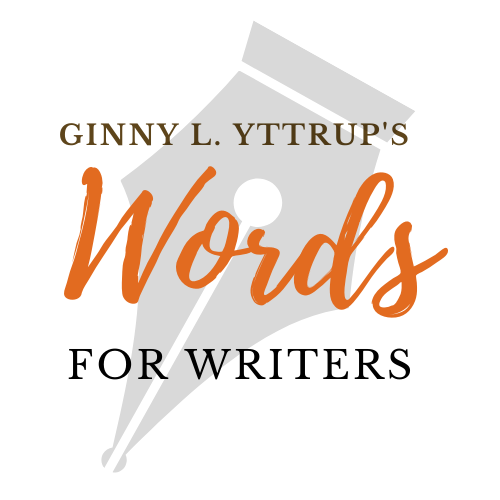
It was the ultimate rejection. One of my favorite authors read my manuscript and . . . hated it.
Actually, he didn’t just hate the novel I’d written, he really hated it. As in, he emailed me and wrote: “I hate this story.” There was no silver lining, nothing like “I hated the way it made me feel, but I’m grateful for what I learned.” Nope. He just plain hated it. He found the story implausible and the characters inane, or something like that. He had also checked the reviews of my other novels and found that something didn’t add up. He suggested that maybe it was just him.
Maybe.
Oh, wait, there was a sliver of silver. He read the manuscript before publication, meaning I could still make changes if I chose to.
Then he withdrew his potential endorsement.
So what’s a writer to do when someone she respects disses her project? Crafting a 95,000-word manuscript is no small feat. It took months and months and, yes, months to write that novel. And it wasn’t my first go-around. I’d written three award-winning novels before that one. I had a strong sense of how to structure a novel that readers would enjoy and create characters they’d care about.
What did I do? I pouted and considered writing off one of my literary heroes. That lasted about 24 hours. Or was it 24 months? It’s hard to recall now. Then I decided to reevaluate my work. Not my entire body of work, not my career, though that was tempting, but that one manuscript. I suspected there was something I could learn from the best-selling author’s comments.
But before you deem me humble and wise, let me tell you this: the process wasn’t pretty. May I just leave it at that?
Okay, I’ll share one more snippet: there were, possibly, in the months that followed, several other industry professionals who also hated the manuscript. Namely acquisitions editors. But they’re such a subjective bunch, right?
Sigh.
When I was finally able to read the manuscript objectively, I noticed two things: (1) I didn’t really like my protagonist. She was underdeveloped and one-dimensional. And if I didn’t like her, how could I expect readers to care about her? (2) The metaphor I’d chosen was thin. It had great potential, but I hadn’t done my job fully developing it either.
What happened to the writer who knew how to structure a story and create likable characters? She realized she still had a lot to learn.
I’ve written two more novels since that author gave me the gift of respect through honesty. One of those two is a complete rewrite of the novel he hated. I dumped all 95,000 words and stared down a blank document one more time. Now Flames, my fourth published novel is, I believe, some of my best work.
I will fail again. I will face rejection again. I still have a lot to learn—will always have a lot to learn. As long as I’m writing, I hope to continue learning, growing, and stretching myself as a writer.
What about you?
How do you handle rejection?
Your Path to Publication
Subscribe to receive blog posts, occasional updates, and news of special events. You’ll also receive your free Steps to Publishing Success.

I get knocked down and I get up again…And sometimes I can get up all night and sometimes it takes a few weeks and there’s even a few times where it took a month or two. But always, always the good Lord brings someone into your life to give you a new perspective and a hand. Which is just enough not to lift you but to nudge you gently to get up!
Great insight, Veronica. It isn’t all up to us!
I listen to the industry experts with one ear, but by God’s grace, I realize if He has put a call in my heart, I need to listen to Him. He reminds me all is in His hands, and it’s His timing! I did love that book, and I’m thankful God brought you through that rough spot!
We must doggedly follow the call, even when it doesn’t appear that we’re “successful.” Often the process is the point. You have much to offer, Kristy. I’m glad you’re listening to more than one voice.